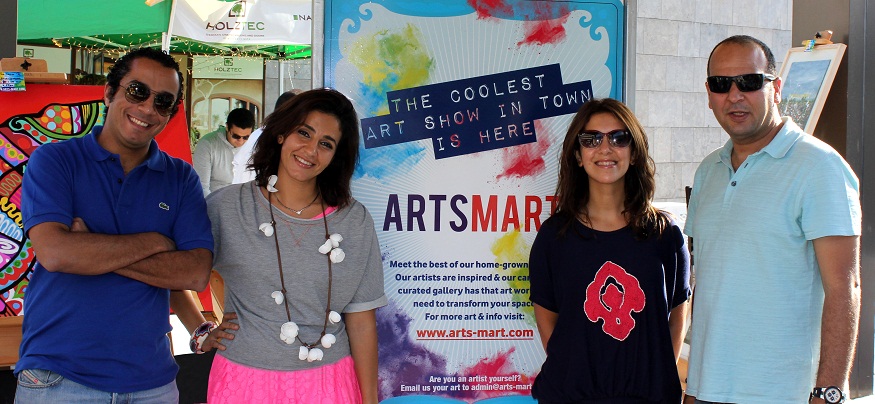Building on a successful partnership, TV BRICS and the “Modern Russian” project recently held their third teleconference with the Centre of Russian Studies at Jawaharlal Nehru University in New Delhi. This time, the focus shifted to the vibrant celebrations of Maslenitsa in Russia and Holi in India, uncovering surprising commonalities in these springtime traditions.
Following previous discussions on multicultural symbolism and Russian hospitality, the latest teleconference, led by Tamara Skok (Head of “Modern Russian”) and Alexandra Burman (Head of International Projects at TV BRICS), aimed to create a lively and engaging experience.
“Extensive preparation went into this event,” explained Skok. “We curated interesting topics, relevant cultural materials, interactive tasks, and vocabulary exercises. Our goal was to encourage active participation from the Indian students, fostering lively communication and pronunciation practice. We also strived to make the Russian grammar exercises engaging and stress-free.”
Judging by the enthusiastic responses from both students and faculty, Skok’s assessment seems apt. Bachelor’s and Master’s students from the Centre of Russian Studies showcased their Russian language skills through creative performances. They recited poems, sang a song, and shared insights into Indian spring celebrations. Master’s students from the Pushkin State Russian Language Institute, under the guidance of Olga Khaleeva, also joined the conference, adding another dimension to the exchange.
Over forty undergraduate and postgraduate students participated in the event, and a key takeaway was the striking similarities between Holi and Maslenitsa. Both festivals mark the end of winter and the joyous arrival of spring, highlighting shared cultural and moral values between the two nations.
Professor Richa Sawant, Head of the Centre of Russian Studies, expressed the university’s keen interest in such video meetings. “This year’s topic generated immense interest among our students,” she said. “We were captivated by your presentations, and we truly appreciate the wonderful video lesson!”
Similar sentiments were echoed by Meenu Bhatnagar, Associate Professor at the Centre. “The teleconference served as a unique platform for cultural and spiritual exchange between India and Russia,” she remarked. “The informative presentations, interactive games, poetry recitals, and song performances beautifully showcased the shared essence of Maslenitsa and Holi. These events foster mutual understanding and friendship, and we are deeply grateful to TV BRICS and the Pushkin State Russian Language Institute for their collaboration.”
TV BRICS plays a vital role in promoting Russian language learning within leading universities of BRICS countries. Past initiatives include a 2022 teleconference with the Federal University of Fluminense in Brazil, where students interacted with the TV BRICS team, and a 2019 event exploring the influence of three cities on Fyodor Dostoevsky’s life.
The partnership between TV BRICS, the “Modern Russian” project, and the Centre of Russian Studies at Jawaharlal Nehru University continues to flourish. Following the 2022 video lesson “Let’s Hold Hands, Friends!” and the 2023 teleconference on Russian hospitality, this year’s spring-themed event further strengthened these cultural ties. It’s worth noting that TV BRICS also hosted a well-received lecture on regional identities in Russia for the Centre’s students in a face-to-face format last year.
The “Modern Russian” project, established in 2007, aims to enhance the language skills of people across 638 cities, encompassing both Russia and locations abroad. This teleconference exemplifies the project’s commitment to fostering cultural exchange and global understanding through the power of language.




